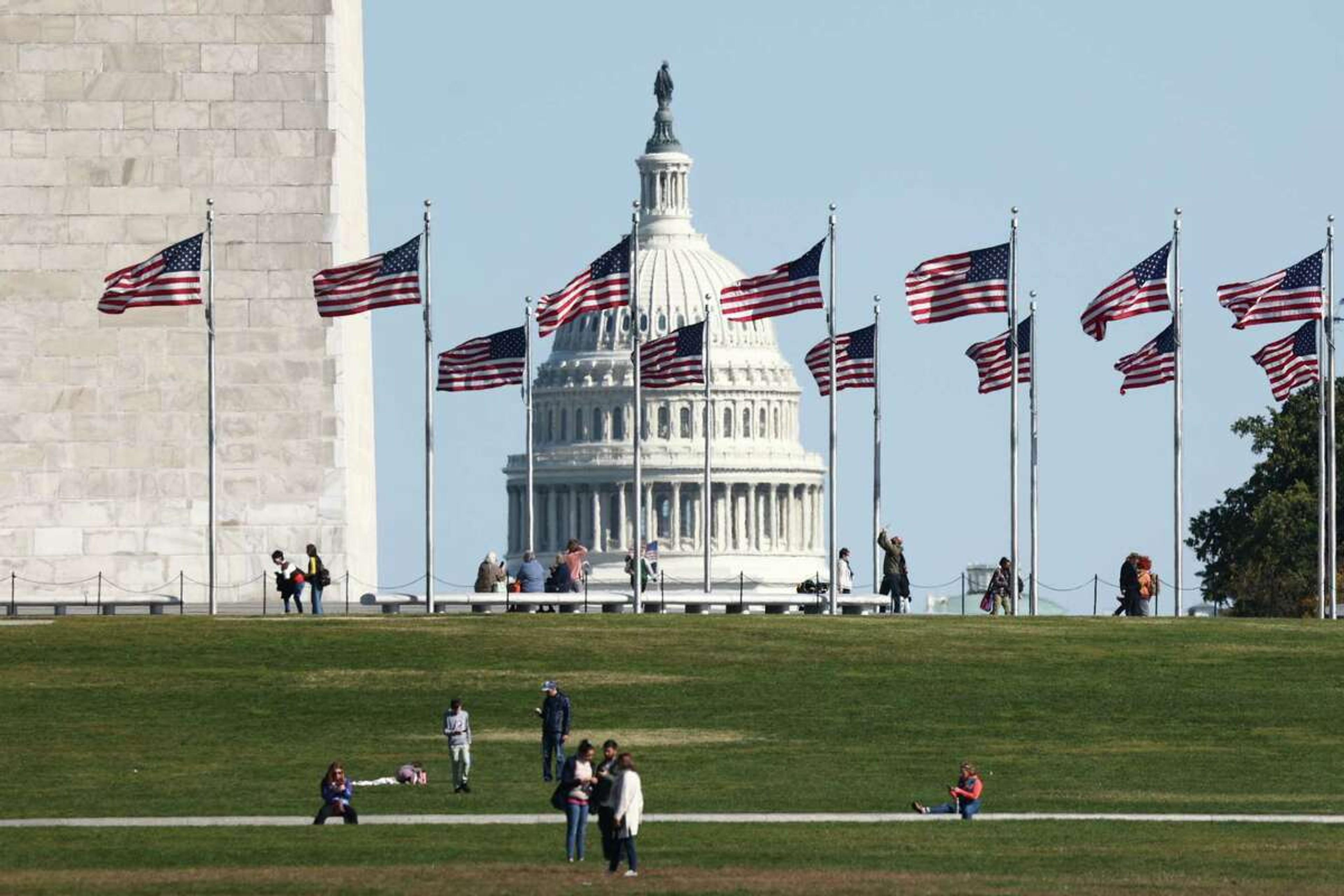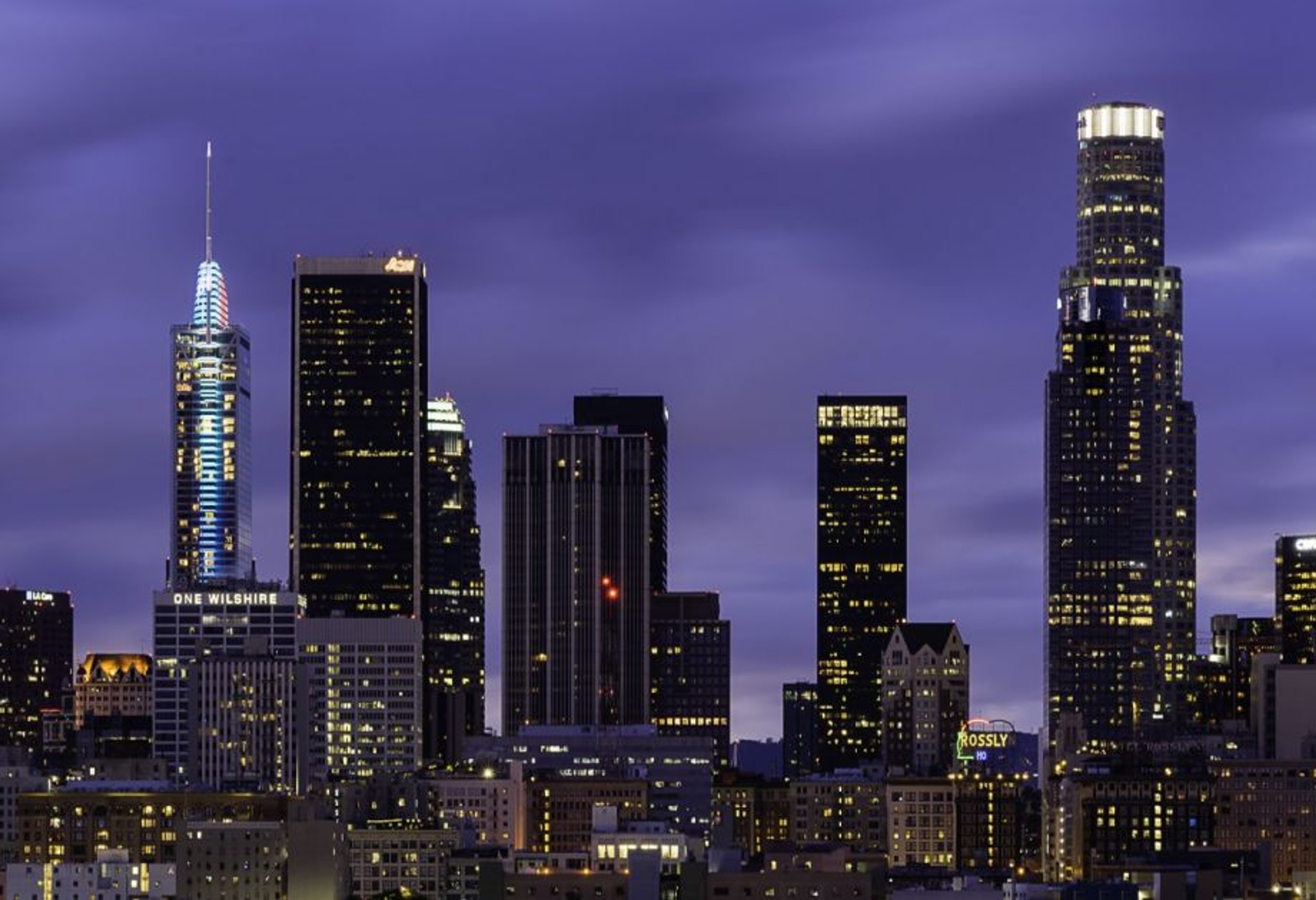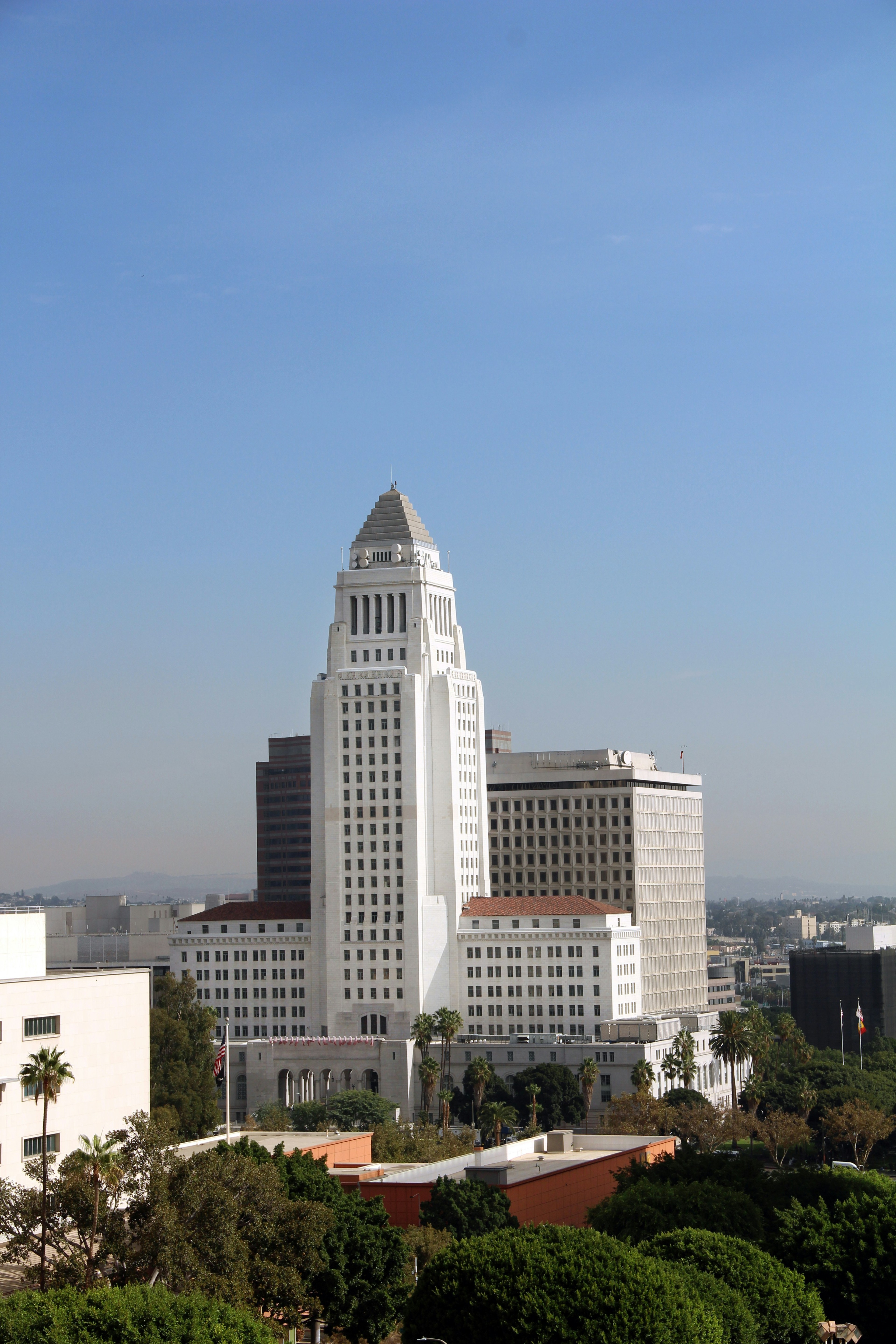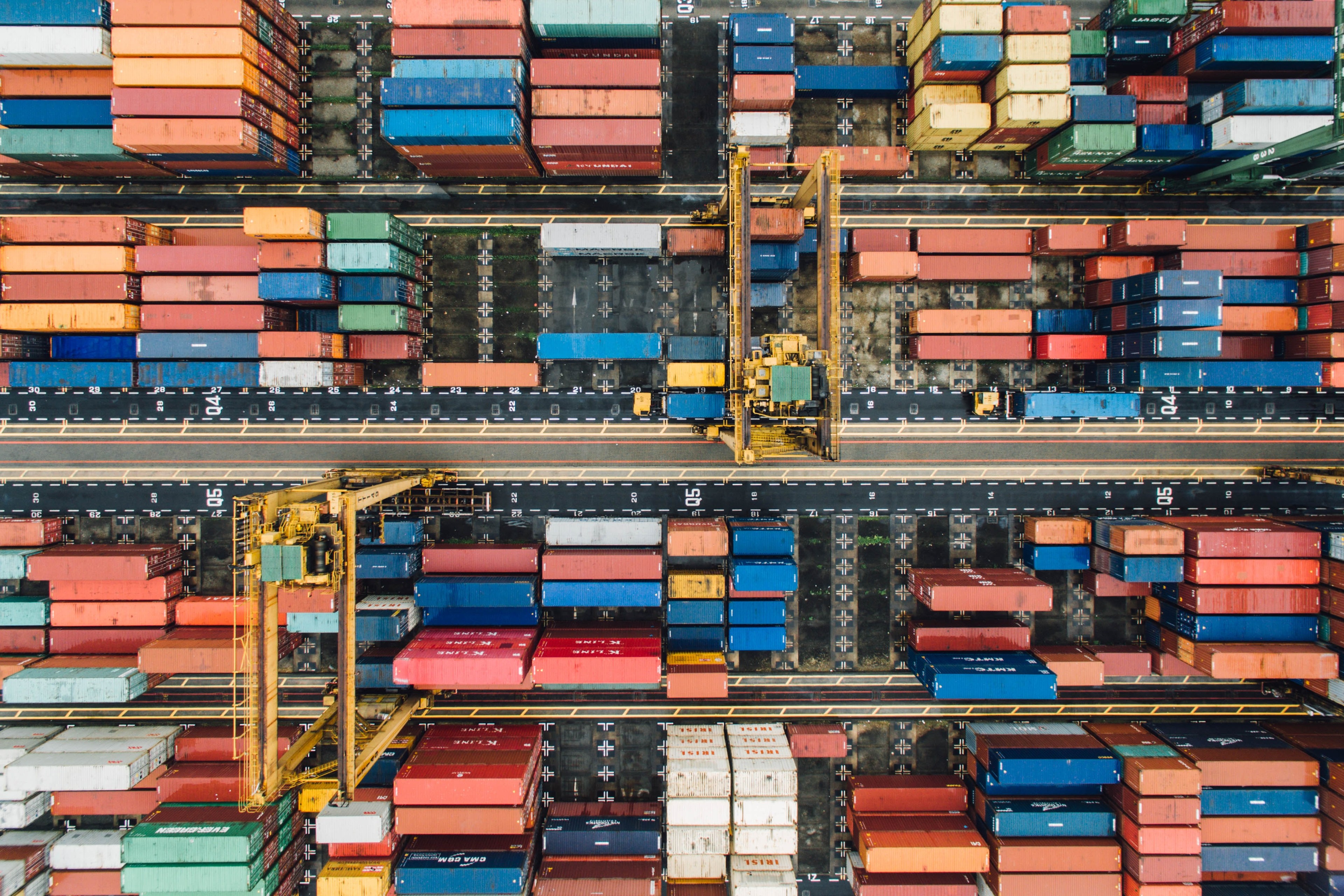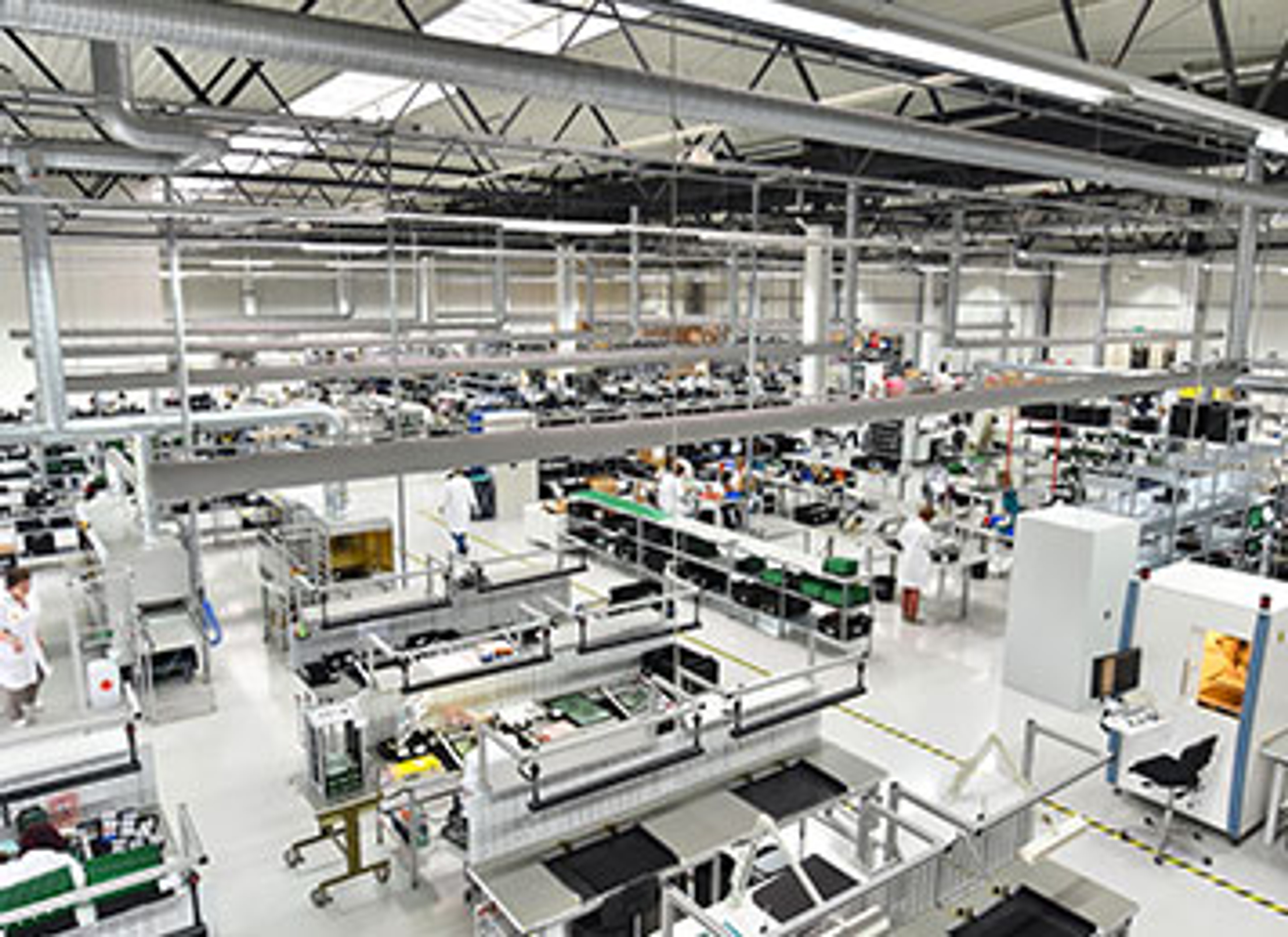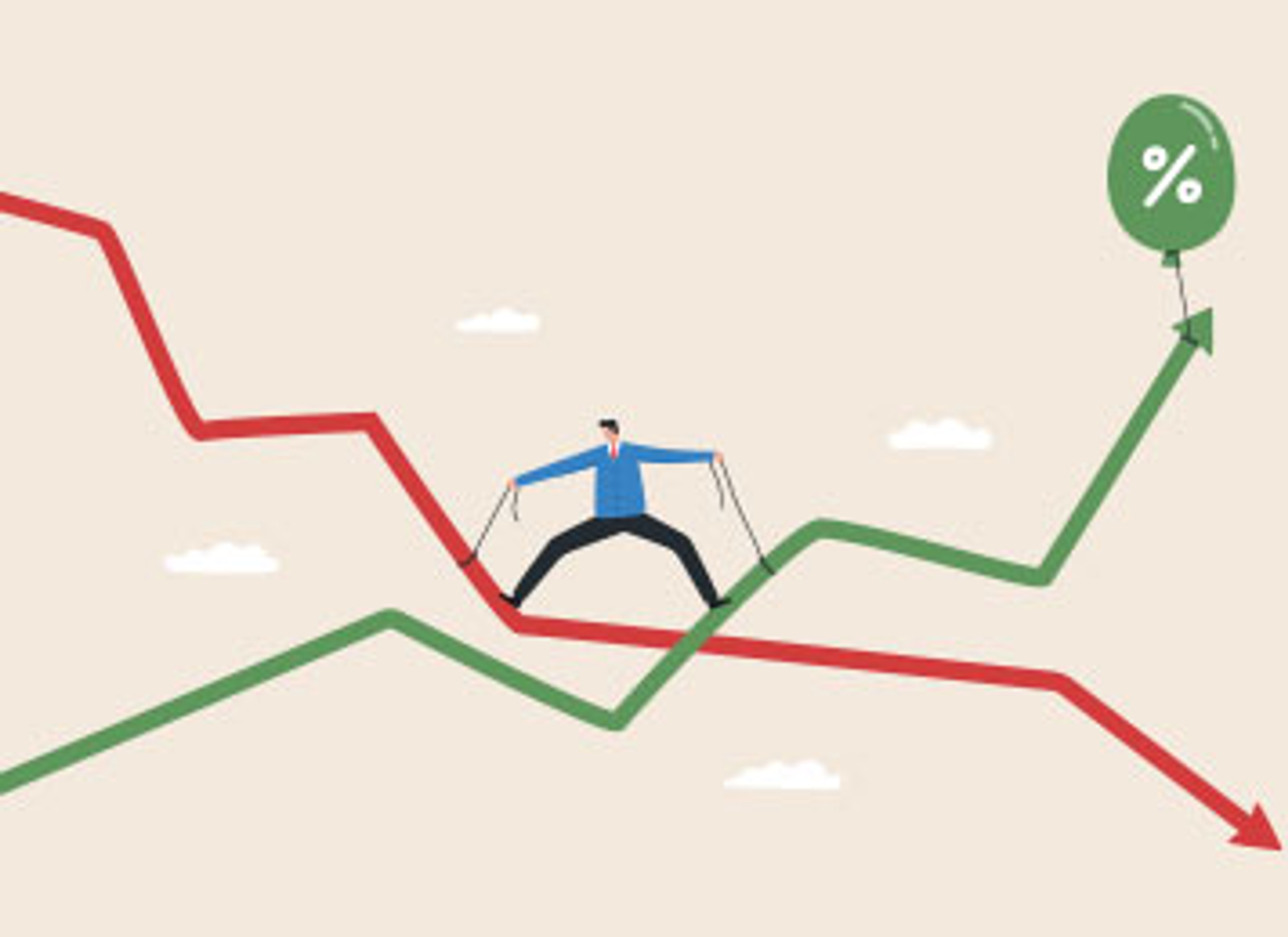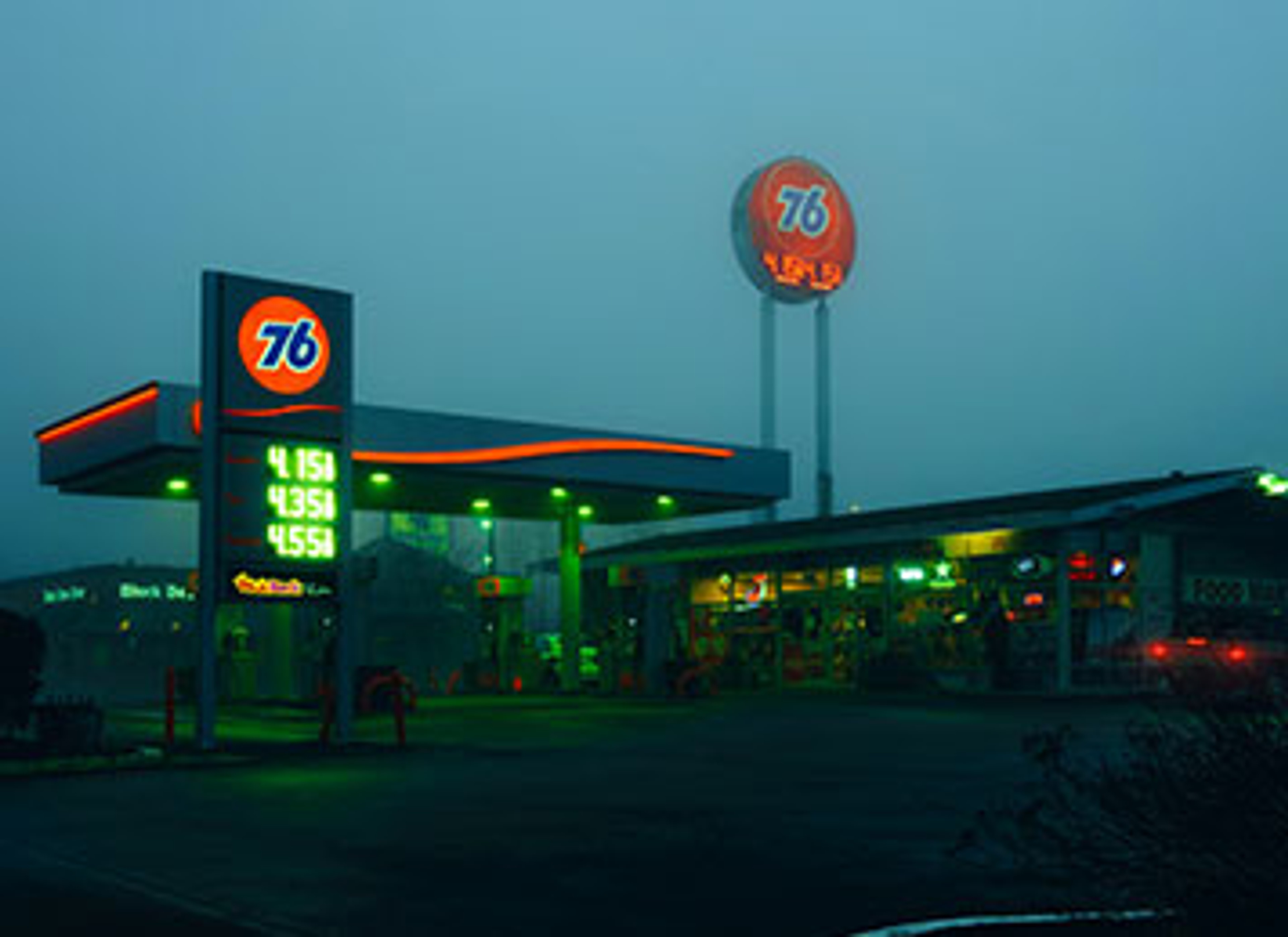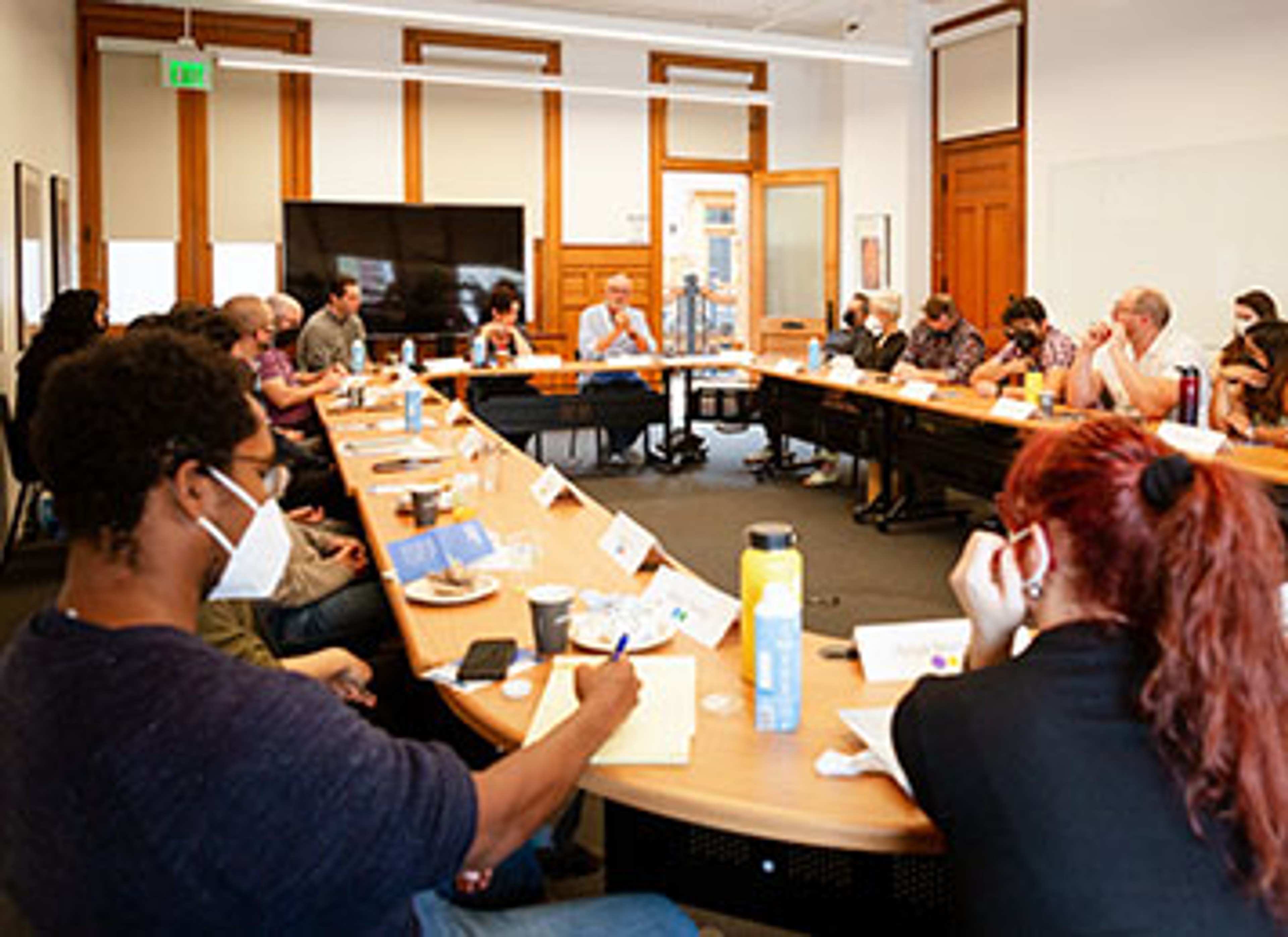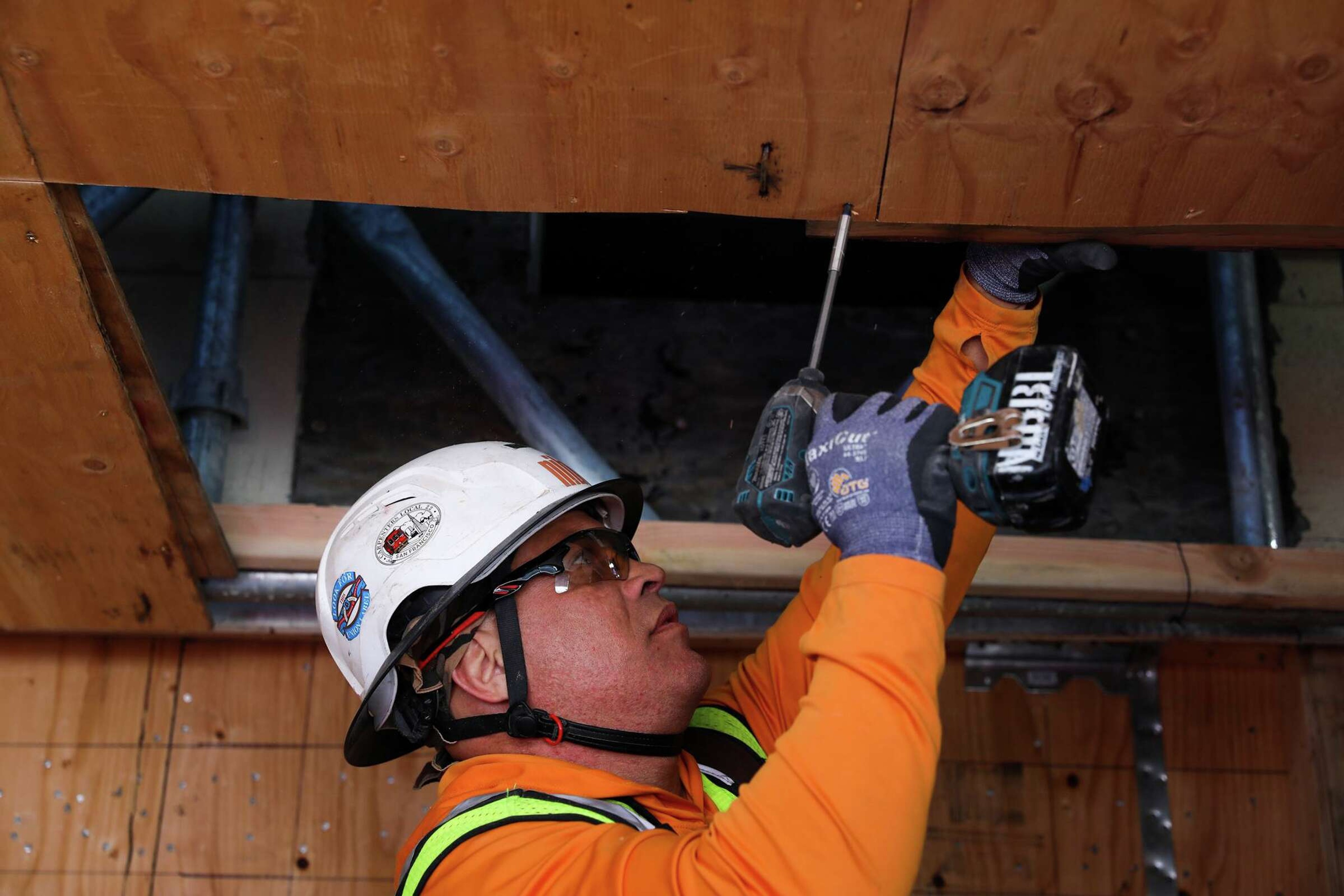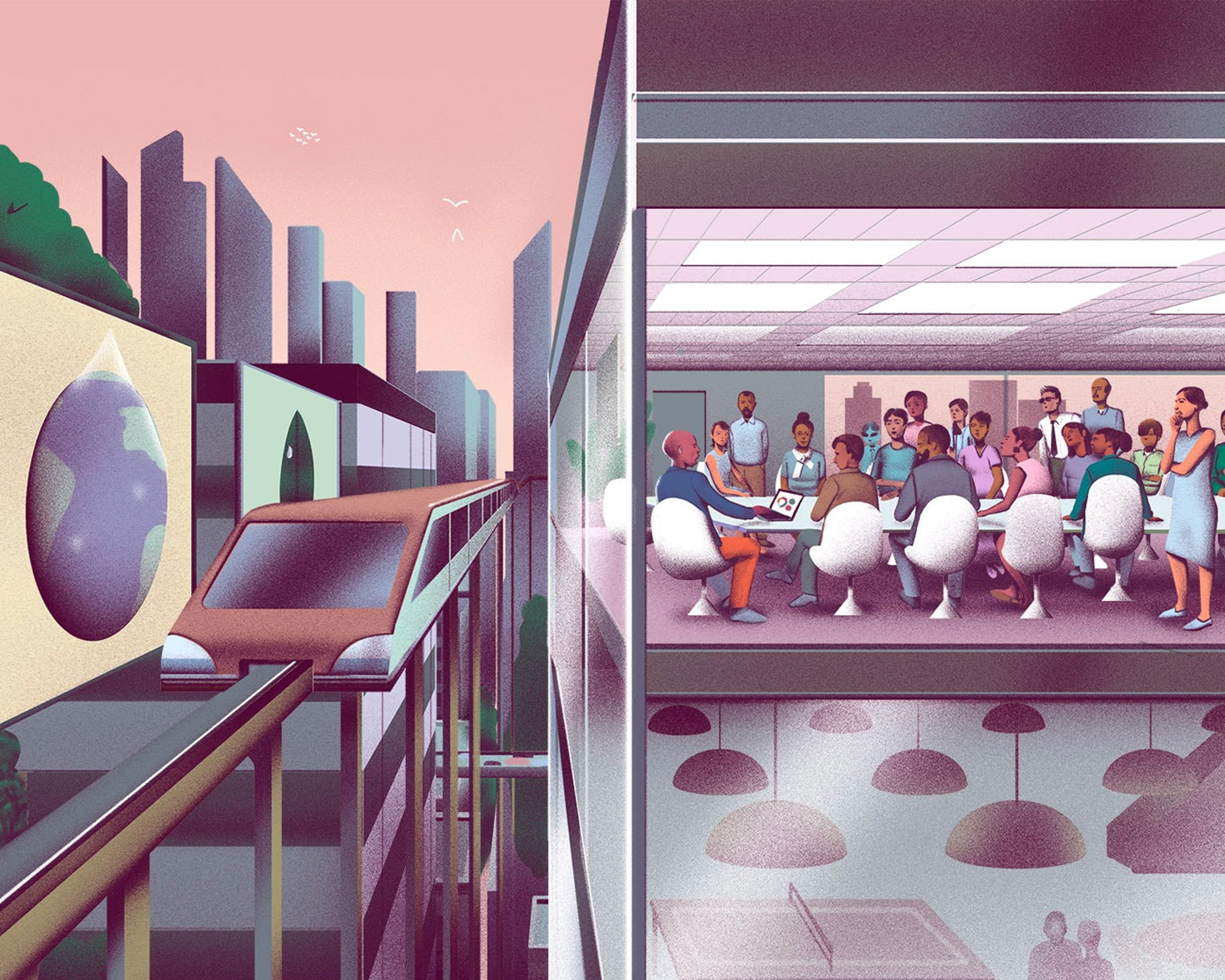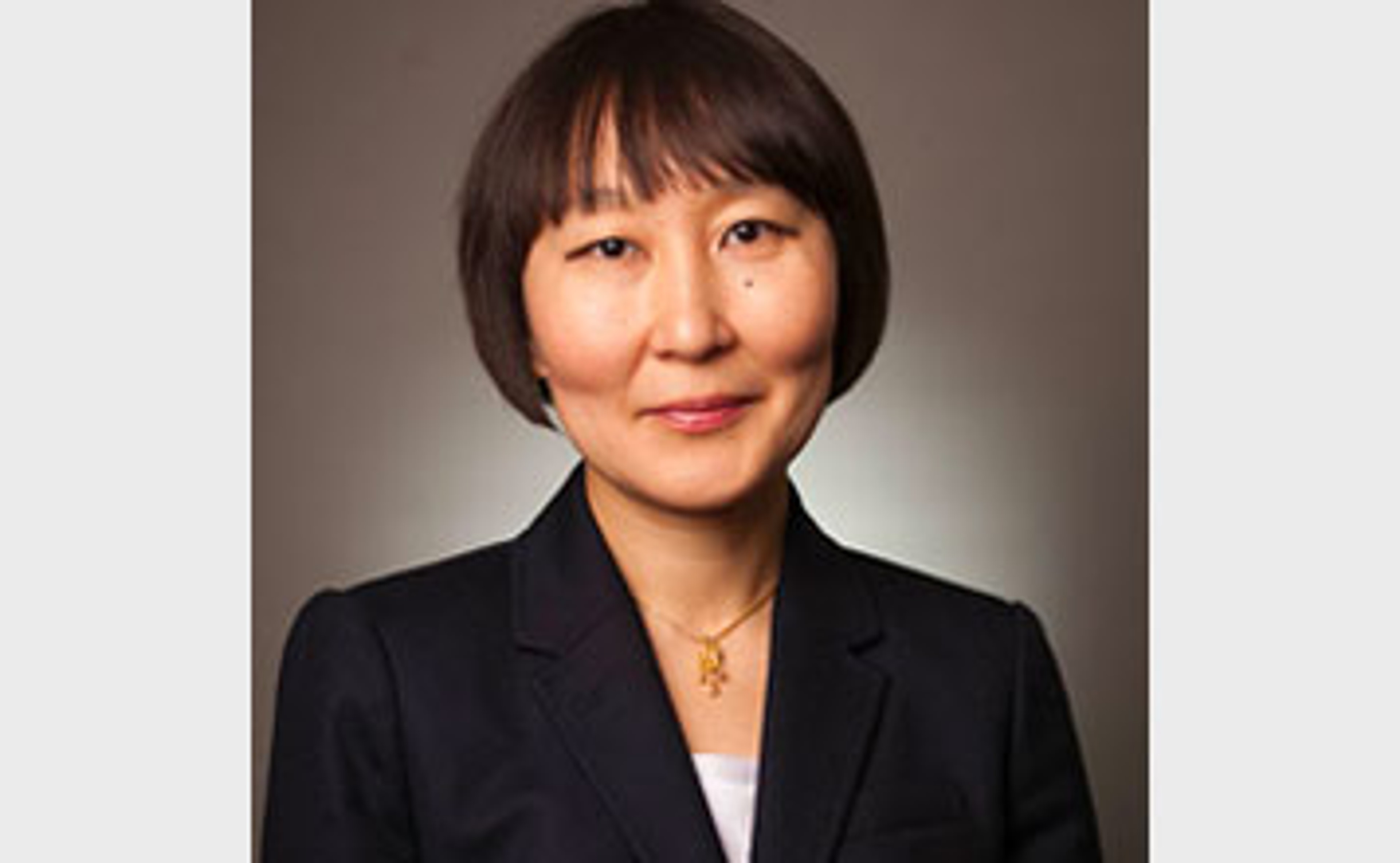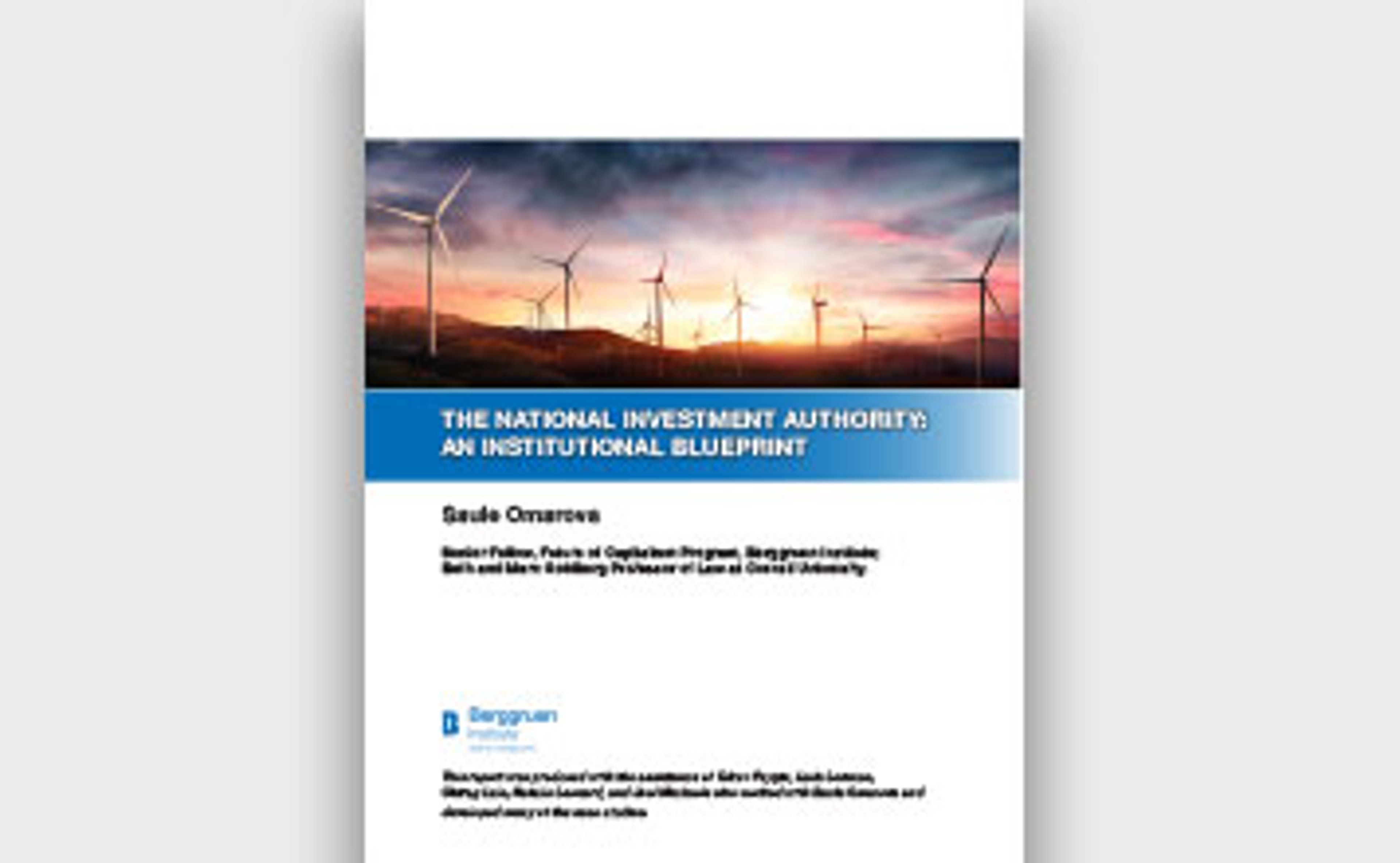Universal CapitalUniversal CapitalUniversal CapitalUniversal CapitalUniversal Capital
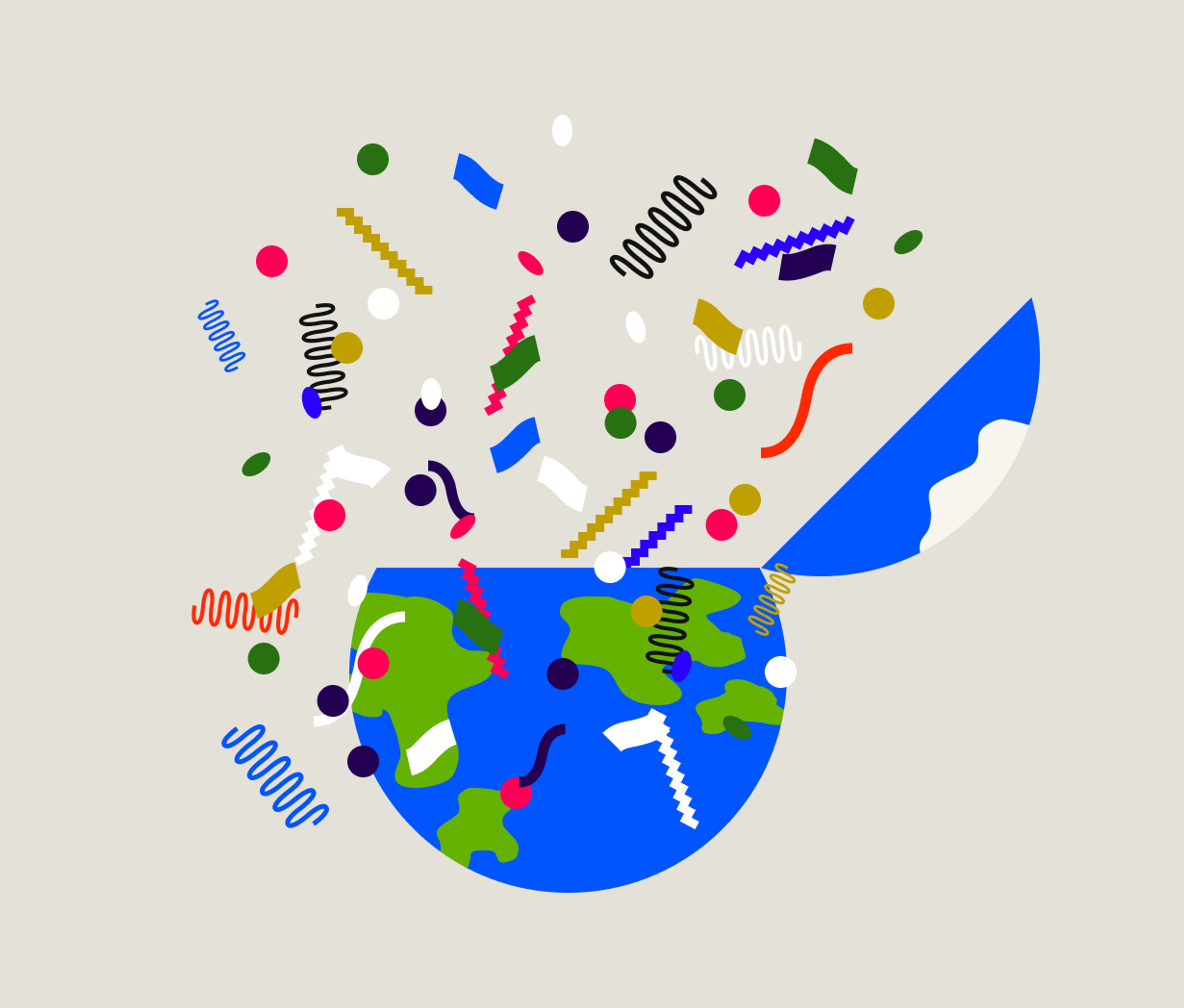
Global capitalism is the dominant form of economic organization but is unable to address problems such as climate change, wealth inequality, and financial and price instability. Our work in this area develops and implements cutting-edge thinking designed to address these failures of capitalism’s institutional architecture.
The foundational principle of Universal Capital is predistribution–that a more functional economy is one in which wealth is broadly shared as it is being produced rather than produced unequally and redistributed later. Building such an economy requires reimagining the governing institutions of contemporary capitalism. Convening academics, practitioners, and advocates, and working through a range of practices from blue-sky ideation to concrete program analysis and policy design, the program has conducted and promoted research on social wealth funds, pensions, green and public banking, and public infrastructure.
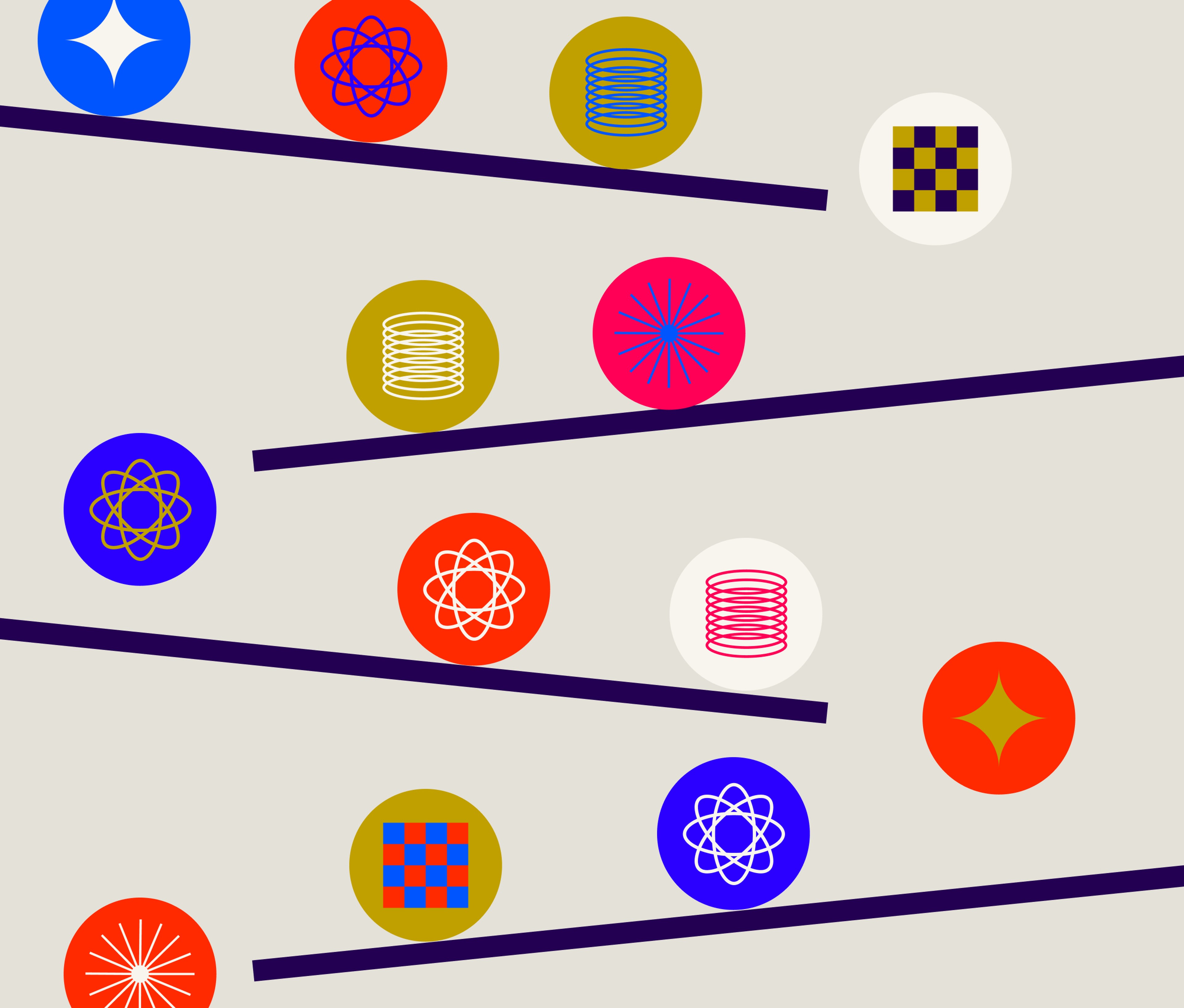
Our current work focuses on institutions that coordinate production, financing, welfare, and consumption. We aim to develop new visions of stable and egalitarian economic futures and find measurable variables that can help move these forward. We call this “the designer economy” – a system that opens itself to public understanding of both the potential and the tradeoffs in a continuously evolving future.

